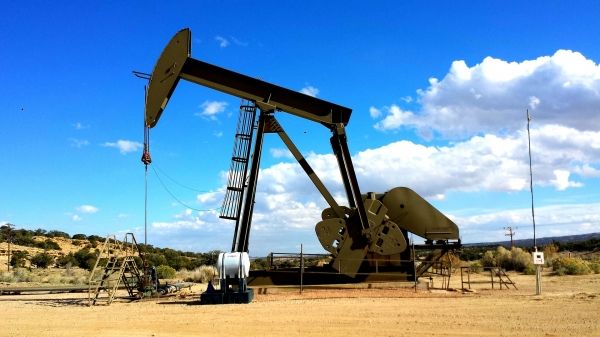A sudden surge in methane emissions is threatening to undermine international efforts to halt planetary warming at 1.5 degrees Celsius. And scientists are warning that the task of holding back the surge is being made worse because climate negotiators are underestimating by a factor of three the warming effect that methane will have over the critical quarter-century we have left to reach net-zero emissions under the 2015 Paris Agreement.
As a result, scientists say, governments are giving far too little attention to curbing methane by measures such as plugging abandoned gas wells, sealing pipelines, covering up landfills, and preventing crop waste.
The problem arises because of a long-standing convention that the warming effect of emissions of different planet-warming gases is measured according to their average impact over 100 years. Scientists say that was fine when the world was focused on stabilizing temperatures by the end of the century. But now that the target is to halt warming at a level that will be reached by mid-century, it is no longer fit for purpose because it drastically underestimates the importance of methane, which typically lasts little more than a decade in the air but has most of its warming impact in that time.
In recent weeks, two new studies have called on climate negotiators to adjust their formulae for comparing different greenhouse gases to make it consistent with the timeline of the Paris Agreement. Abernethy says that the adjustment, which would put more emphasis on methane emissions, could reduce peak temperatures in mid-century by up to 0.2 degrees C (0.36 degrees F).
Read more at: Yale Environment 360
Photo Credit: jp26jp via Pixabay


